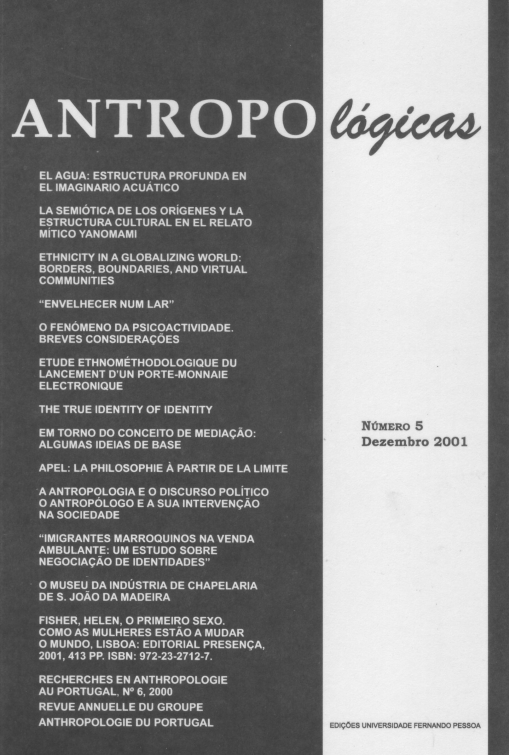Ethnicity in a globalizing world: borders, boundaries, and virtual communities
Abstract
In a globalizing world, traditional ethnic and national boundaries and borders are becoming less relevant to the study of cultural variation. A growing number of anthropologists and sociologists point to the delinking of territory and culture. Others raise the issue of whether the compression of time and space that has accompanied globalization has fostered, even in the remotest areas, an awareness and some degree of mediated experience of the world at large. This might be resulting not only in the formation of a layer of world culture but also in the shrinking of cultural repertoires. As the importance of physical space and boundaries declines in everyday communication, it is also becoming possible to construct and maintain ethnic ties in new ways. For example, the boundaries between the mother nation and the country of immigration have become blurred in the case of ethnic diasporas. This raises the issue of to what extent virtual communities might constitute an alternative to bounded social units such as ethnic communities. This article discusses these issues in the anthropological and sociological study of ethnicity.Issue
Section
Shorter Article
License
Copyright Notice
Authors who publish in this journal comply to the following terms:
- Authors retain copyright and grant the magazine right of first publication, with the work simultaneously licensed under a Creative Commons Attribution license that allows the sharing of work and recognition of authorship and first publication in this journal.
- Authors are authorized to take additional contracts separately for non-exclusive distribution of the work published in this journal version (ex.: publish in an institutional repository or as a chapter of a book), with recognition of authorship and first publication in this journal.
- Authors are allowed and encouraged to publish and distribute their work online (e.g., in institutional repositories or on their personal page) at any point before or during the editorial process, as it can generate fruitful changes, as well as increase the impact and citation of the published work (see The effect of open access). [link to http: opcit.eprints.orgoacitation-biblio.html]


